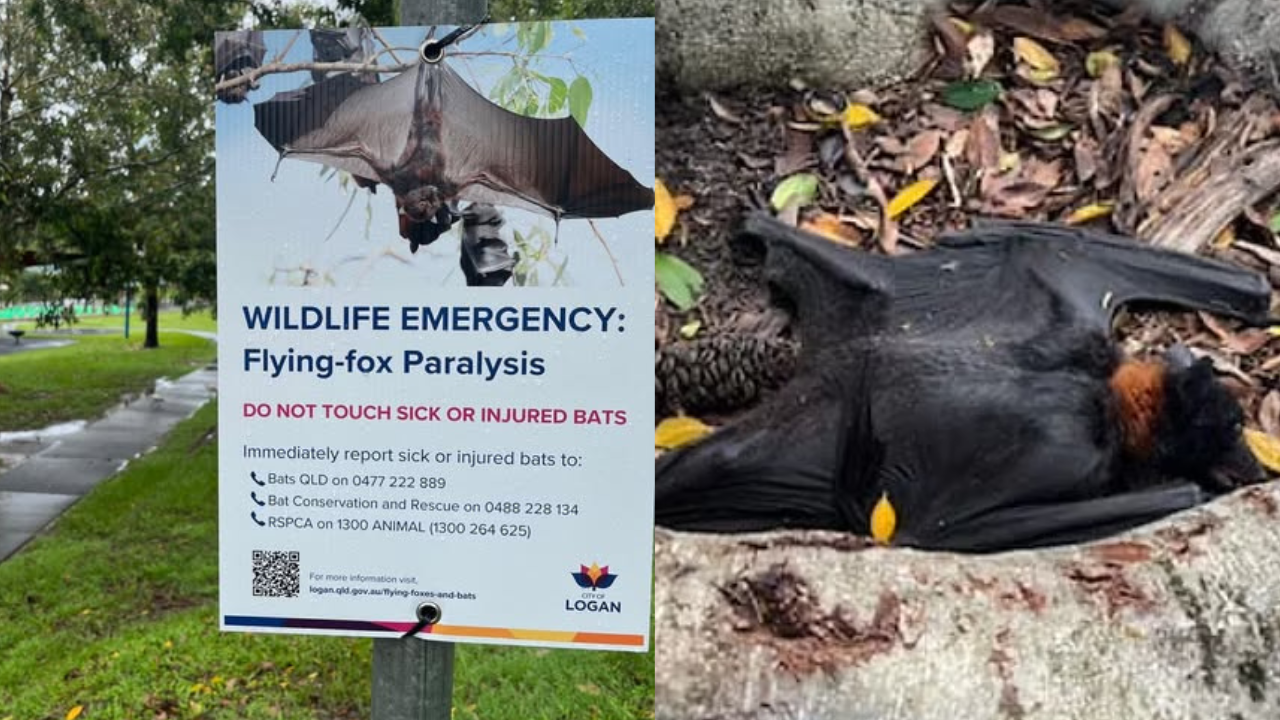Hands off the koala: why cuddling Australia’s iconic marsupial could soon be a thing of the past

- by Admin
- July 5, 2024

From Taylor Swift to King Charles, cuddling a koala in Australia has long been a bucket-list item for celebrities, politicians and tourists alike.
But the activity may be going the way of the dinosaur, as animal activists label it “outdated” while calling for a ban, and a growing number of zoos jettison the practice in favour of more hands-off experiences.
On Monday, the world’s oldest koala sanctuary – Lone Pine, opened in Brisbane, Queensland in 1927 – announced it would no longer offer visitors a chance to hold koalas, saying it would instead offer observation-focused experiences, giving momentum to animal welfare activists in their push to outlaw the practice.
“It doesn’t matter who comes to the sanctuary now – we do not offer holds,” general manager Lyndon Discombe says.
In 2014, then-US president Barack Obama, the Russian president, Vladimir Putin, and Australia’s then-prime minister Tony Abbott made headlines when they were photographed cradling koalas on the sidelines of the G20 summit in Brisbane.
The furry marsupial’s diplomatic force was on full display as Abbott swapped threats of “shirtfronting” Putin – an Australian rules football term for a physical confrontation – over the downing of flight MH17 over Ukraine for a photo opportunity snuggling with koalas.
But while koala cuddles have long lured famous faces to Queensland, Lone Pine said celebrity and visitor feedback encouraged the sanctuary to switch to new formats where visitors pat, observe and learn more about the animals.
“We made the change, with all the VIPs and international artists that came and visited us, to show them the koala moment experience … and that’s the experience they liked,” Discombe says.
“That’s how we sort of tested the market … and it’s been overwhelmingly positive, so that’s why we’ve moved down this way.”
The practice is still legal in Queensland, where the Steve Irwin-family owned Australia Zoo offers koala cuddle photos for a A$124 fee. It is also available at Currumbin wildlife sanctuary (A$59) and Dreamworld (A$29.95), which provided the koalas for Obama and Putin at the 2014 G20 meeting.
But it’s illegal to hold and physically support the weight of a koala in other Australian states with large koala populations, including New South Wales and Victoria. Patting and handling is tightly regulated, and it’s easier for visitors to stick to watching the animals from afar.
Animal welfare activists are hoping Lone Pine’s shift shows the public is rejecting a practice they call “stressful” and “outdated”, and the London-based group World Animal Protection is petitioning the Queensland government for an outright ban.
Suzanne Milthorpe, from the organisation’s Australia branch, says the presence of human visitors means koalas get stressed and lose sleep – uniquely harmful for animals that typically sleep about 20 hours a day.
“They’re not like your cat or your dog,” she says. “They haven’t adapted to being around humans.”
World Animal Protection says koalas try to escape or avoid cuddling events by pushing away from their holders or clinging to their trees, and has called for wildlife tourists and providers to move from high-contact activities to observation.
For Milthorpe, Lone Pine’s decision represents a victory for animal welfare campaigners.
“Tourists are increasingly moving away from outdated, stressful selfie encounters,” she says.
“I think it’s a real signal to the rest of the Queensland tourism industry, to venues like Dreamworld, to venues like Australia Zoo, that change is coming.”
Not everyone agrees with the animal activists, with Discombe emphasising that koala cuddling was sacrificed to better meet customer demand.
“This is not a welfare issue,” he says. “This is purely a business decision.”
Lone Pine’s head of koalas, Karen Nilsson, says koala enjoyment of cuddling varies with each animal’s personality.
“There’s some that are quite happy being receiving interaction with people, there’s others that are a little bit more standoffish,” she says.
“It’s really up to the koala whether they’re comfortable being around the person or not, and they let us know how they’re feeling about it.”
But broader concerns remain for the welfare of the iconic Australian species, which has been classified as endangered since 2022, as land clearing and logging fractured koala habitat.
Between 2001 and 2021, koala numbers in Queensland, NSW and the Australian Capital Territory are estimated to have halved, in what some experts call an “extinction vortex”.
As for a ban on koala cuddling in Queensland, the state government has shown no inclination to tighten its restrictions on the industry.
“Our koalas have the best union around,” Queensland premier, Steven Miles, told reporters on Wednesday.
“The environment department has very strong regulation of when and how animals can be exhibited and animals can be held.”
The Latest News
-
December 27, 2024Paying tribute to those golf lost in 2024 – Australian Golf Digest
-
December 27, 2024Don’t like pills? Here’s an alternative pain-management treatment to consider for your golf aches and pains – Australian Golf Digest
-
December 27, 2024Charley Hull shares grueling Christmas workout, puts all of us to shame – Australian Golf Digest
-
December 27, 2024Ryan Ruffels’ pro career hasn’t matched high expectations. He’s hoping YouTube can help boost a comeback – Australian Golf Digest
-
December 27, 2024‘Not about Virat Kohli or India’ – Former Australia coach Justin Langer slams media’s witch-hunt after being a past victim himself | Sporting News India


